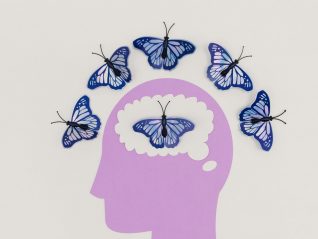I love asking people this question: “Why do we actually get upset with others?”
The answers are often the same:
🔹 They made me mad.
🔹 They should have done this.
🔹 They didn’t do that.
So, does that mean our emotions are completely in the hands of every other person in the world? If so, that’s a pretty unsettling thought.
Now, let’s flip the question—what would NOT make you upset? The answers tend to be:
🔹 If they acted differently.
🔹 If that situation had turned out another way.
🔹 If she didn’t eat so much.
In other words, our frustration isn’t actually caused by what others do or don’t do—it stems from our attachment to a mental model of how we think they should be.
This is one of the biggest struggles in relationships. But here’s the thing: Is it truly necessary for us to constantly get upset with others?
For me, the answer is NO. And here’s why—each person operates from their own beliefs, experiences, and perspectives. We don’t have a full picture of their internal world.
So, what if instead of reacting, we simply said:
💭 “I would have preferred things to be different, but they did the best they knew how. I choose to send them acceptance and love.”
Or, as Mel Robbins puts it, “LET THEM.”
Acceptance doesn’t mean approval—it means freeing ourselves from the grip of unrealistic expectations. And in that freedom, relationships become lighter, healthier, and far more peaceful.









